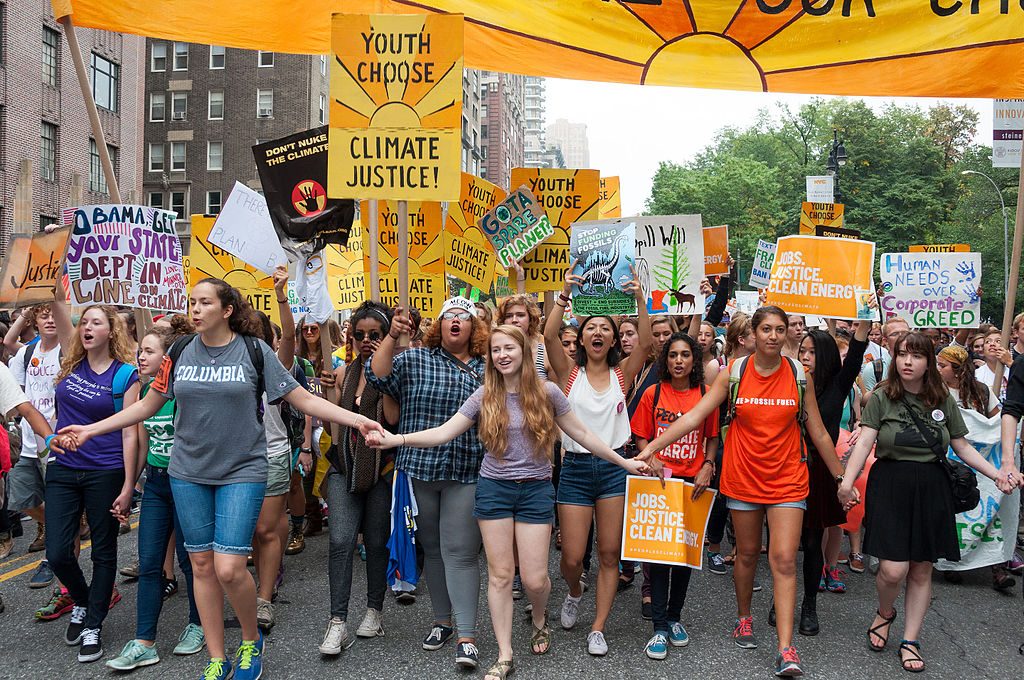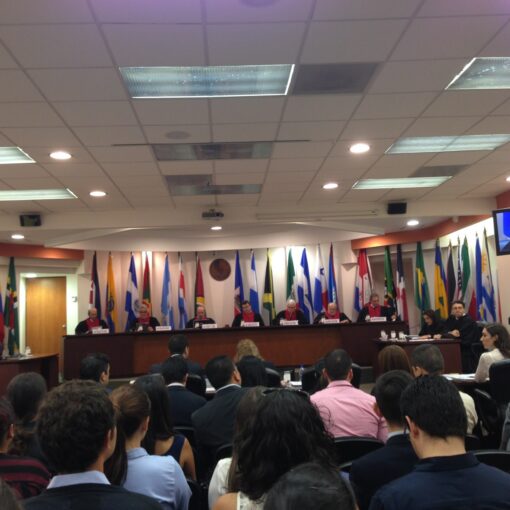By Dena Adler

It has been a busy few weeks in global climate change litigation. Even as world leaders gather in Poland this week to continue writing the rulebook for the Paris Agreement, countries are already being sued for their failure to deliver climate action. Here is a snapshot of a few key legal developments, with links to the Sabin Center’s International Climate Change Litigation Database which contains case summaries and court documents when available:
Government’s Failure to Meet and Implement Greenhouse Gas Emission Reduction Targets as Violation of Citizens’ Rights
- The Dutch government announced plans to appeal the landmark Urgenda decision, recently upheld by the Hague Court of Appeal, which ruled that by failing to reduce greenhouse gas emissions by at least 25% by end-2020, the Dutch government is acting unlawfully in contravention of its duty of care under Articles 2 and 8 of the European Convention on Human Rights. (The Urgenda litigation has inspired a suite of cases around the globe challenging governments’ failure to meet greenhouse gas emission reduction targets or deliver other action on climate change as a violation of plaintiffs’ fundamental rights, including in some cases the right to a healthy environment. Similar cases have been filed in Norway, Pakistan, Colombia, the U.K., Switzerland, and the E.U. The cases that immediately follow fall into this category, as well.)
- ENvironnement JEUnesse v. Canada: ENvironnement JEUnesse, an environmental nonprofit, applied in the Superior Court of Québec to bring a climate change-related class action against the Canadian government on behalf of Québec citizens aged 35 and under. ENvironnement JEUnesse reports that it has asked the Court to declare that the Government of Canada has failed in its obligations to protect the fundamental rights of young people under the Canadian Charter of Rights and Freedoms and the Québec Charter of Rights and Freedoms by failing to set a greenhouse gas reduction target sufficient to avoid dangerous climate change impacts, and by lacking an adequate plan to reach its greenhouse gas emission target.
- Friends of the Earth Germany, Association of Solar Supporters, and Others v. Germany: Friends of the Earth Germany reports that they have lodged a constitutional complaint against the German government, alleging that the government’s failure to meet its own greenhouse gas emission reduction goals and EU 2020 goals violate plaintiffs’ fundamental rights.
Climate Liability Suits Against Parties Responsible for Climate Change
- The Foreign Minister of Vanuatu, an island nation, has announced that it is considering whether to file a climate liability suit against fossil fuel companies, financial institutions or nations responsible for climate change. The investigation of alleged human rights violations by fossil fuel companies, currently being undertaken by the Commission on Human Rights of the Philippines and which saw recent meetings in New York and London, could inform such a lawsuit.
Aligning Domestic Decisions about Fossil Fuel Extraction to Align with National Climate Goals
- J. Banks & Co. v. Secretary of State for Housing, Communities, and Local Government: In a different kind of lawsuit, H. J. Banks & Co. Ltd challenged the Secretary of State for Housing, Communities, and Local Government under section 288 of the Town and Country Planning Act 1990 for denying a planning permission for a coal mining project. The High Court quashed the denial on two grounds, including the Secretary’s inadequate explanation of how preventing the project would reduce greenhouse gas emissions. This type of climate litigation will affect how existing law is interpreted in light of climate change considerations and could affect the UK’s capacity to comply with its national greenhouse gas emission reduction targets.
In May 2017, the Sabin Center published a report with UNEP that noted among other things that the Paris Agreement would give rise to a new wave litigation seeking to enforce its commitments. That wave appears to be here, along with an increasing focus on potential corporate liability for climate change impacts. Follow along with the Sabin Center’s monthly updates to keep tabs on the most recent climate change litigation developments.


